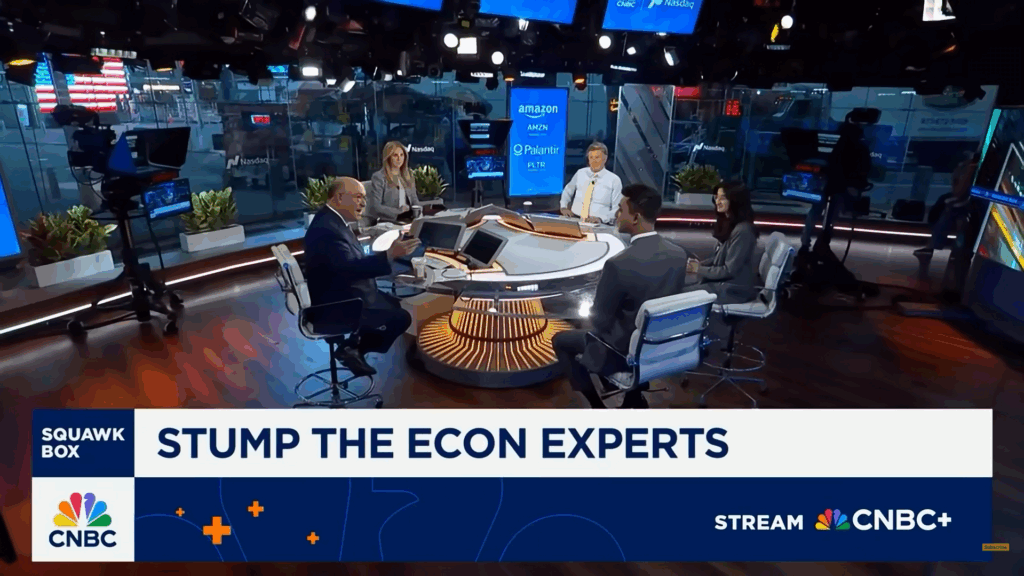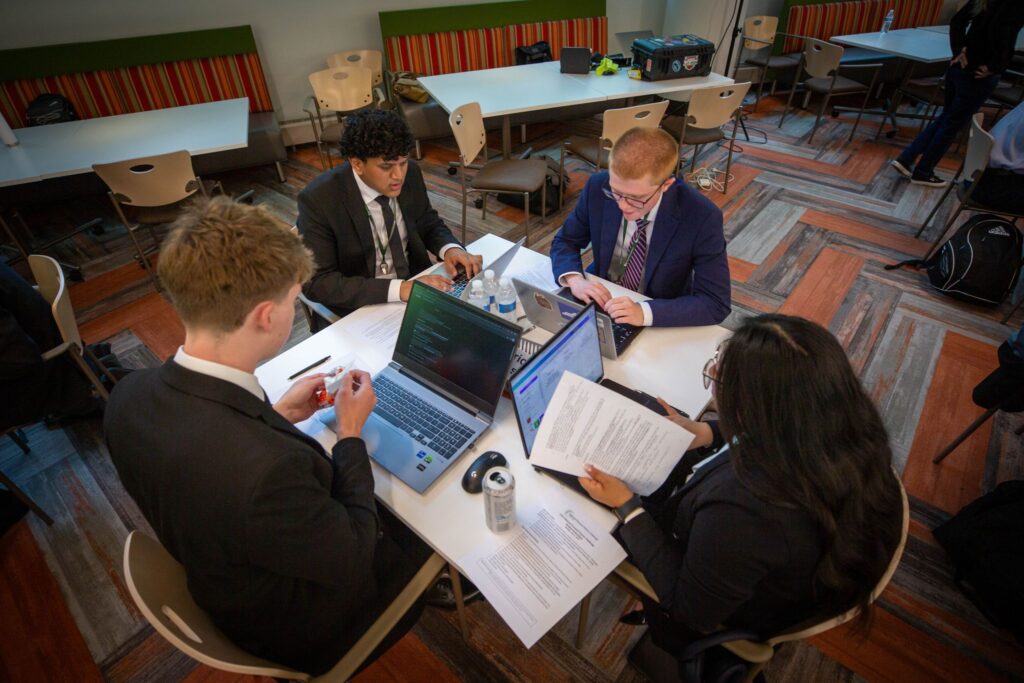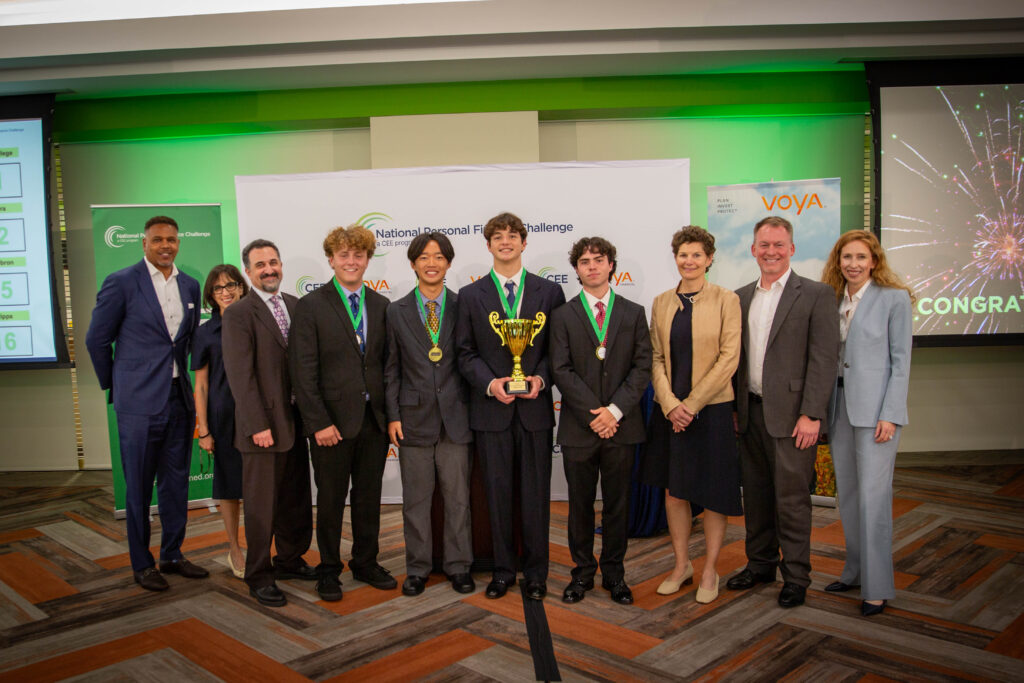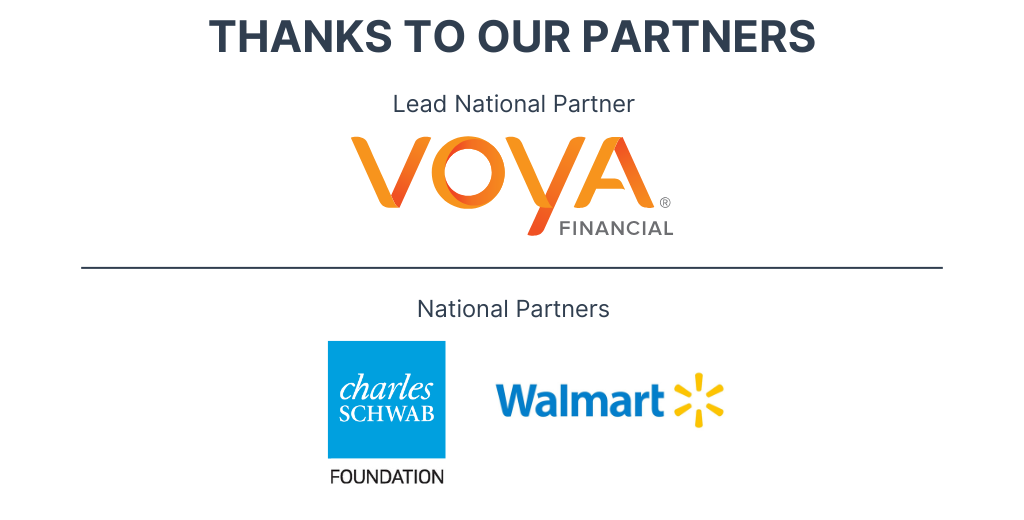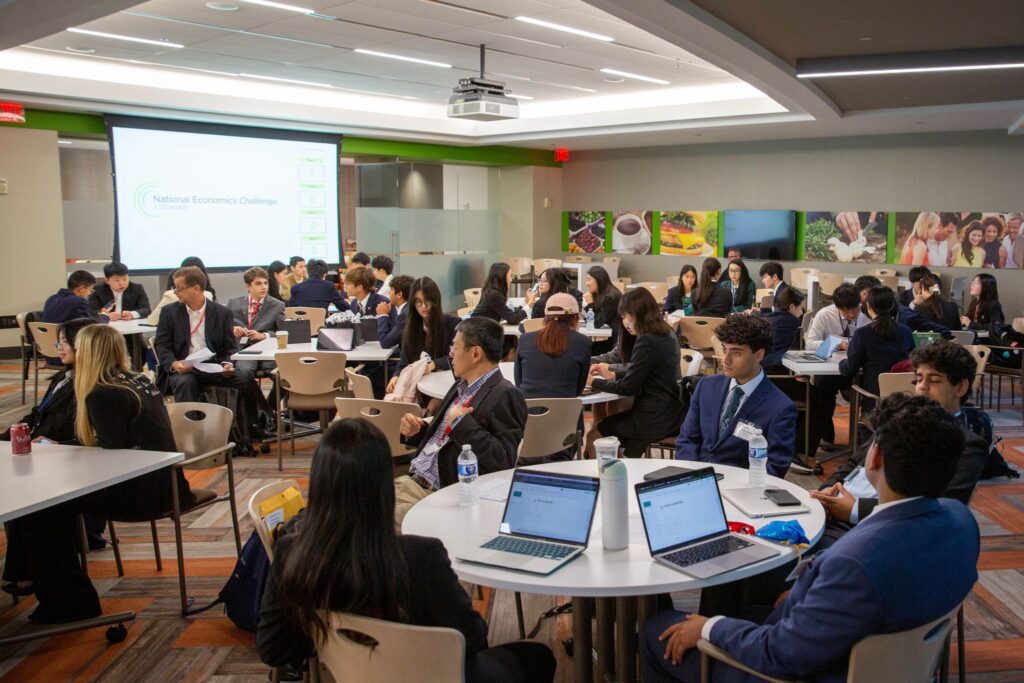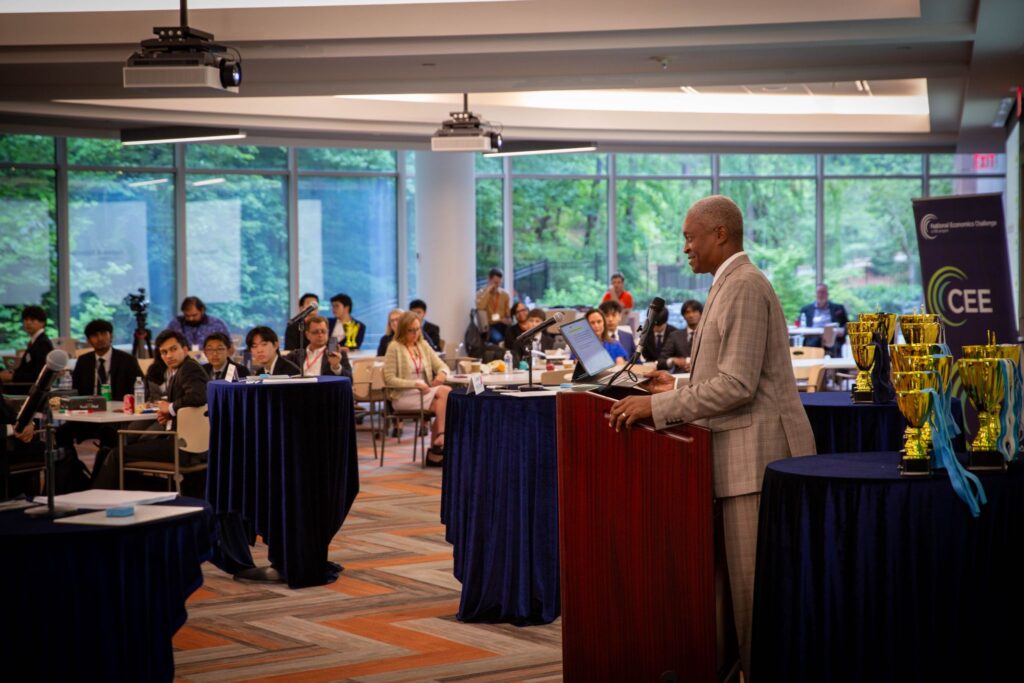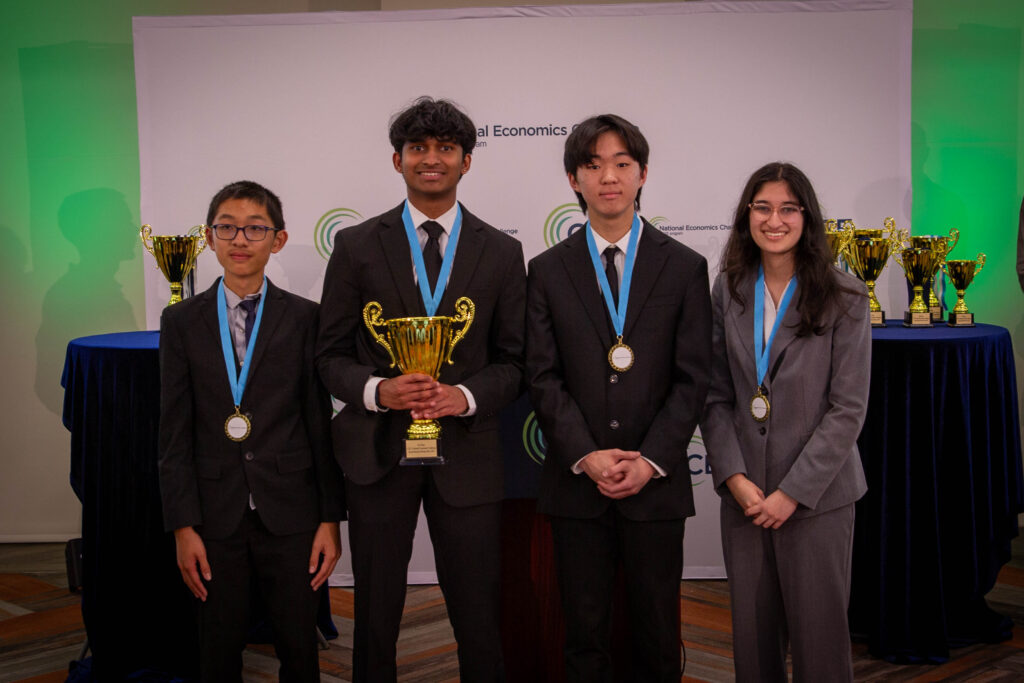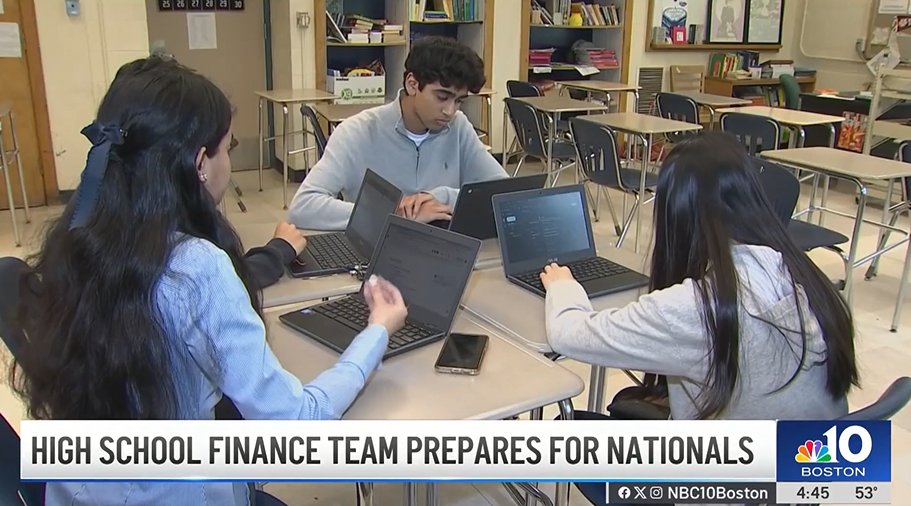Steve Bumbaugh Named Chief Executive Officer of CEE
By CEE
Distinguished Leader in Education and Philanthropy to Drive CEE’s Mission to Expand Financial Literacy for All K–12 Students
The Council for Economic Education (CEE) is proud to announce the appointment of Steve Bumbaugh as its new chief executive officer. Bumbaugh brings an exceptional combination of educational leadership, philanthropic expertise, and a deep commitment to expanding opportunity for all students—values that align deeply with CEE’s mission.
Bumbaugh has a distinguished record of leadership across education and philanthropy. He has held senior roles at the College Board, ECMC Foundation and CityBridge Foundation, where he led initiatives to expand college access, reimagine public schools and support underserved students. A former classroom teacher, he holds degrees from Yale and Stanford and began his career in research at the Federal Reserve.
“What drew me to CEE was the exceptional quality and breadth of its resources—its instructional materials, assessments, and professional development offerings for educators are truly high value,” said Bumbaugh. “CEE reaches students from a rich tapestry of backgrounds across the United States. I believe every student, regardless of circumstance, deserves access to economic and financial education, and I’m committed to ensuring that opportunity is available to all.”
“For more than 75 years, CEE has supported teachers and worked directly with students to ensure they can lead financially healthy lives,” said Rebecca Patterson, chair of the CEE Board of Directors. “Financial challenges facing our young people are more complex and frankly more daunting than ever – that makes our work even more important. Steve’s experience, strategic vision as a leader and passion for our mission ensure that CEE will meet this moment, supporting not only individuals but their families and communities. Ultimately our entire economy benefits.”
Bumbaugh’s appointment follows a national search led by the CEE Board and reflects the organization’s commitment to mission-driven and forward-thinking leadership. He succeeds Nan J. Morrison, who retired after 15 years at the helm of the organization.
About the Council for Economic Education
The Council for Economic Education’s (CEE’s) mission is to equip K–12 students with the tools and knowledge of personal finance and economics so that they can make better decisions for themselves, their families and their communities. We carry out our mission in three ways. We advocate to require financial and economic education in every state. We provide training, tools and resources — online and live through over 180 affiliates nationwide — to more than 40,000 teachers annually, who in turn bring the highest quality economics and personal finance instruction to over 4 million students. We deepen knowledge and introduce high school students to critical career capabilities through our national competitions and Invest in Girls program. Learn more at CouncilForEconEd.org and on LinkedIn and on Facebook.
Media contact:
CEE: press@councilforeconed.org
The post Steve Bumbaugh Named Chief Executive Officer of CEE appeared first on Council for Economic Education.

